|
The Rise of Emperors trilogy tells the story of the Roman Emperors Constantine the Great and his bitter rival, Maxentius. I'll leave the books to recount the epic tale of their struggle, but in this blog I wanted to look at the life and legacy of the first of those characters - to understand not Constantine the Great, but Constantine the man. His nuances and quirks, his values and beliefs, his weaknesses and strengths. Let's just quickly summarise what history tells us at a glance: Constantine united a crumbling Roman Empire, fighting a legendary battle at the Milvian Bridge along the way - before which he was inspired by a sign from God in the sky, and after which he ended the oppression of the Christians. Right? Well, sort of. That is the distilled version of Constantine that comes down to us from the ancient texts. Many of these were penned by Christian authors writing about him after his wars and even long after his life. They absolutely venerated him. Some talked of him as a saint, the bringer of Christianity, even the Thirteenth Apostle. But these writings do not tell the whole story, for they largely obscured other writers (notably by Zosimus & Eunapius) who cast Constantine as a bit of a monster - politically ambitious, ruthless and manipulative. Such extremes! When reading into any part of history and the associated debate, I always seek some level of plausibility and balance - I like to finish my studying sessions feeling that I have understood the past as it might have been. So the commonly polarised caricatures of Constantine - which remain with us to this day - always leave me feeling dissatisfied, incomplete. So take away the tug-of-war panegyrics and invectives, the grand orations and the legends. How much do we really know about the man? The answer is short: very little. But here are a few scraps of information and anecdotes that may colour in the grey areas and raise an eyebrow or two... Childhood
Adolescence
Rise to Military Prominence
Battle for the Empire and BeyondAs soon as Constantine became emperor in his father's place, the cracks began to appear in the Tetrarchic system. Galerius raged against his accession, and jealousies began to arise elsewhere. His opponents questioned him at every turn: was he a senior Augustus or merely a junior Caesar? Emperor of all the West or just the northern part? Who ruled Italy and Africa? More importantly, who ruled the ancient capital of Rome - currently occupied by Maxentius? Tensions rose and rose and eventually boiled over. What followed was an epic cycle of battles against Maxentius for complete control of the Western Roman Empire - a struggle that changed the course of European and world history. Later years
His legacy
ConclusionConsidering the guiding figures in his life - his mother Helena, his first wife Minervina, his tutor Lactantius - Constantine must have been intimately familiar with Christianity. Perhaps he was spiritually open to it also. Or was he only interested in creating a religious harmony through which he could further his ambitions? As the historian David Potter muses: "Constantine didn’t mind if his subjects were not Christian. More important that they were his subjects." However, particularly because of his telling decision to spurn Galerius' daughter in favour of Minervina - a choice that both forewent personal gain and invited danger - I suspect there was more than naked ambition behind his bond with the religion. Conversely, given his years of warmaking and the blood-curdling rumours of his second wife's demise, it is hard to uphold any view of him as a gentle, tolerant figure. Tens of thousands of men must have died on the ends of his legions' swords. Thus I suspect that - like most people - he found his way to his faith gradually, perhaps guided there by some of the terrible events he witnessed… and some that he created. References
0 Comments
Leave a Reply. |
AuthorGordon Doherty: writer, history fan, explorer. My Latest BookArchives
March 2023
Categories |
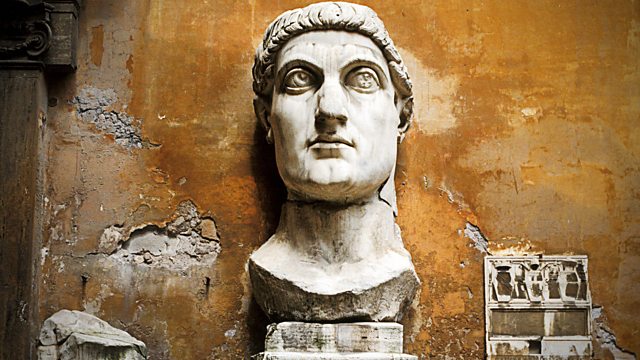
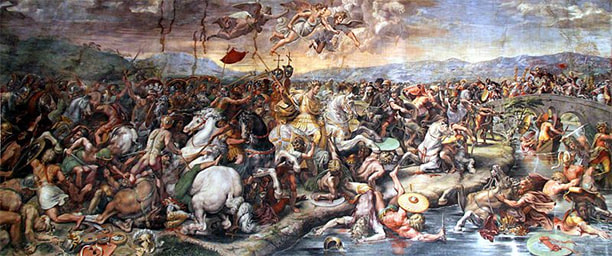
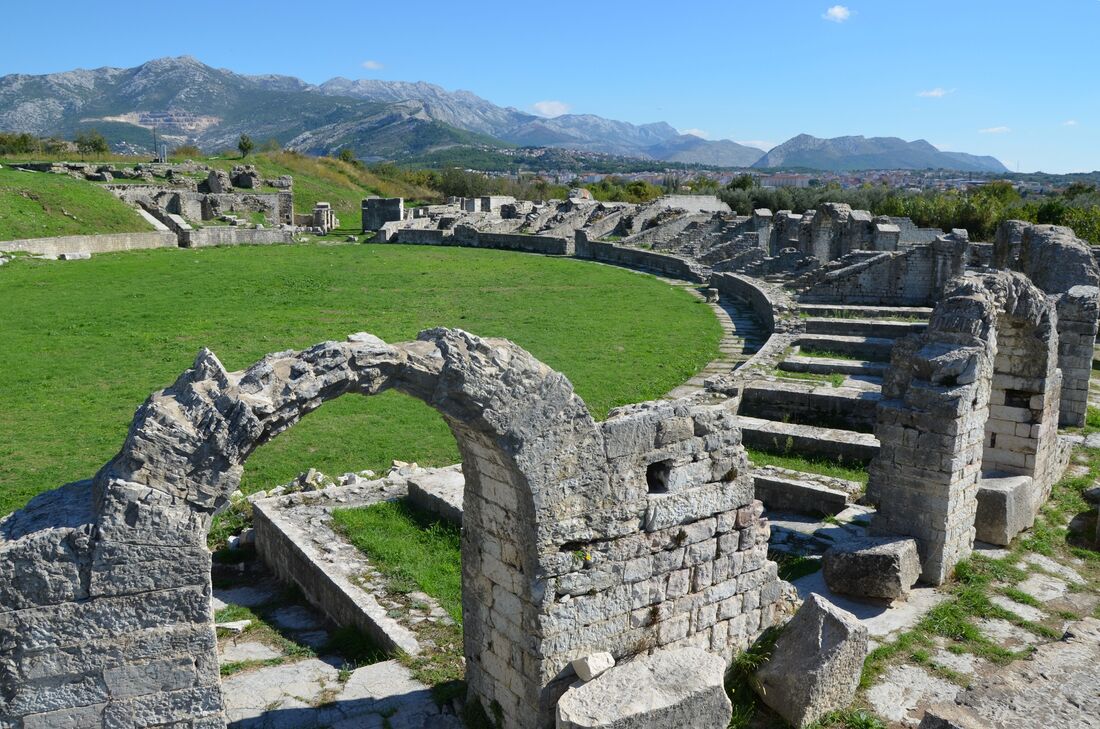
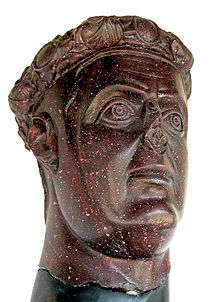
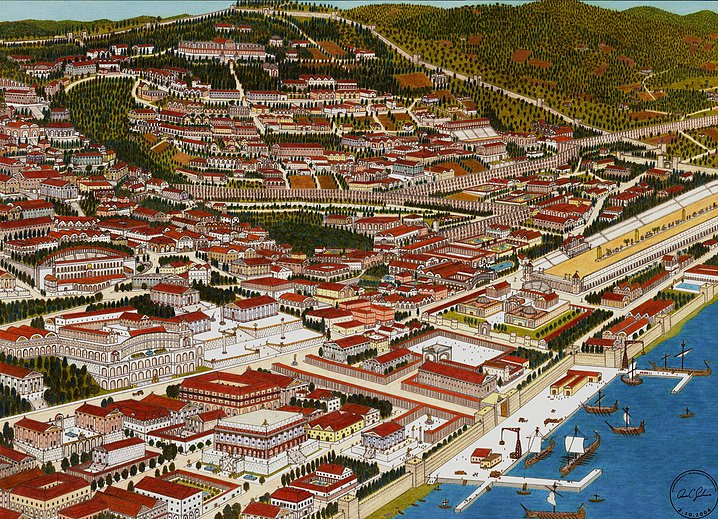
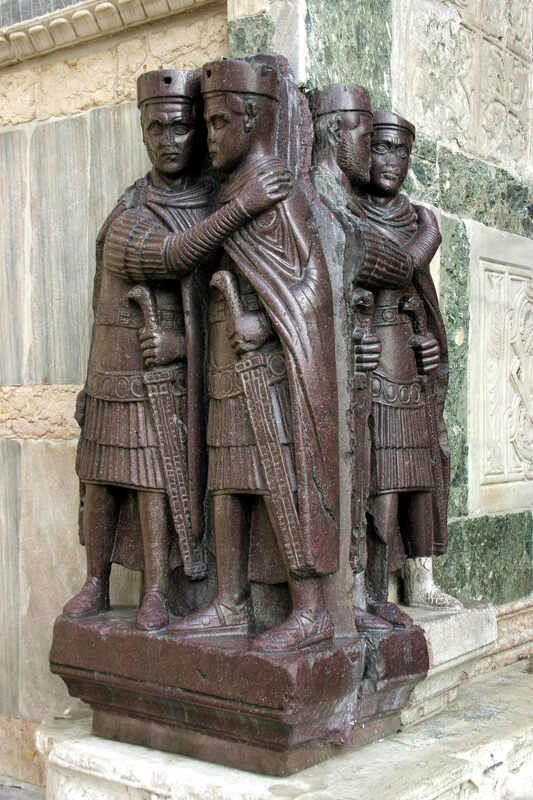
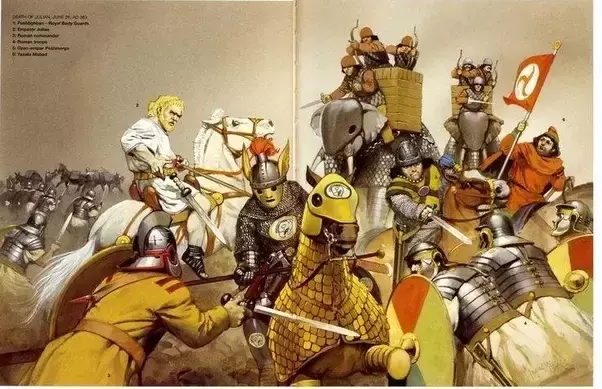
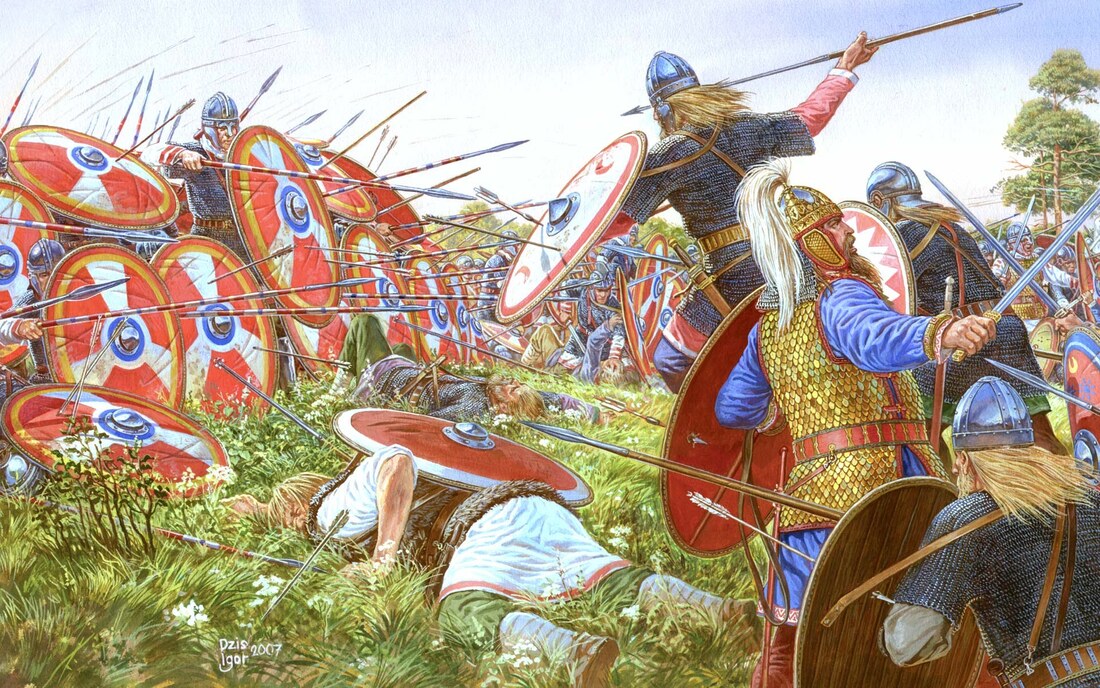
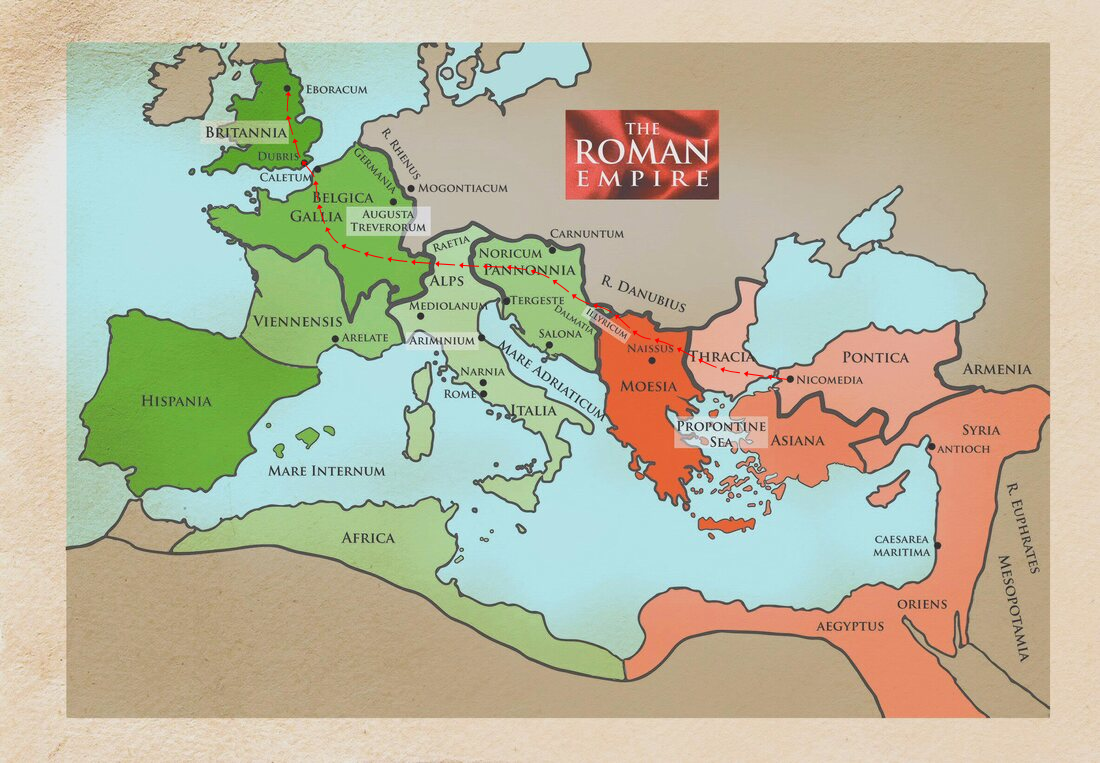
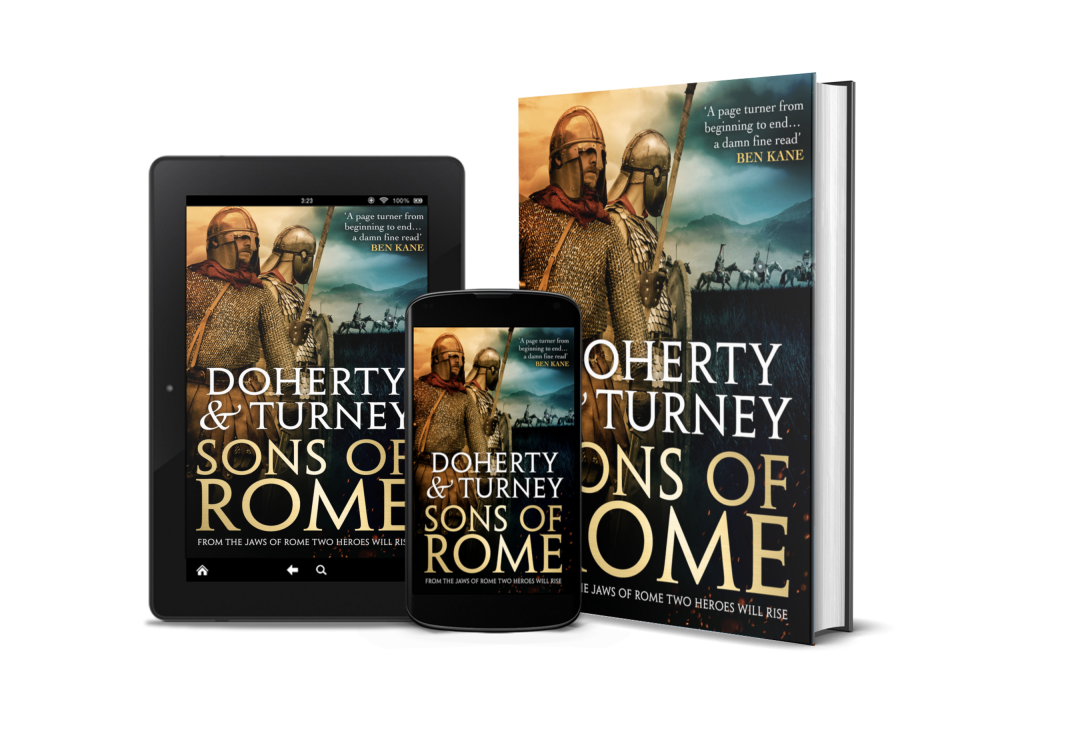
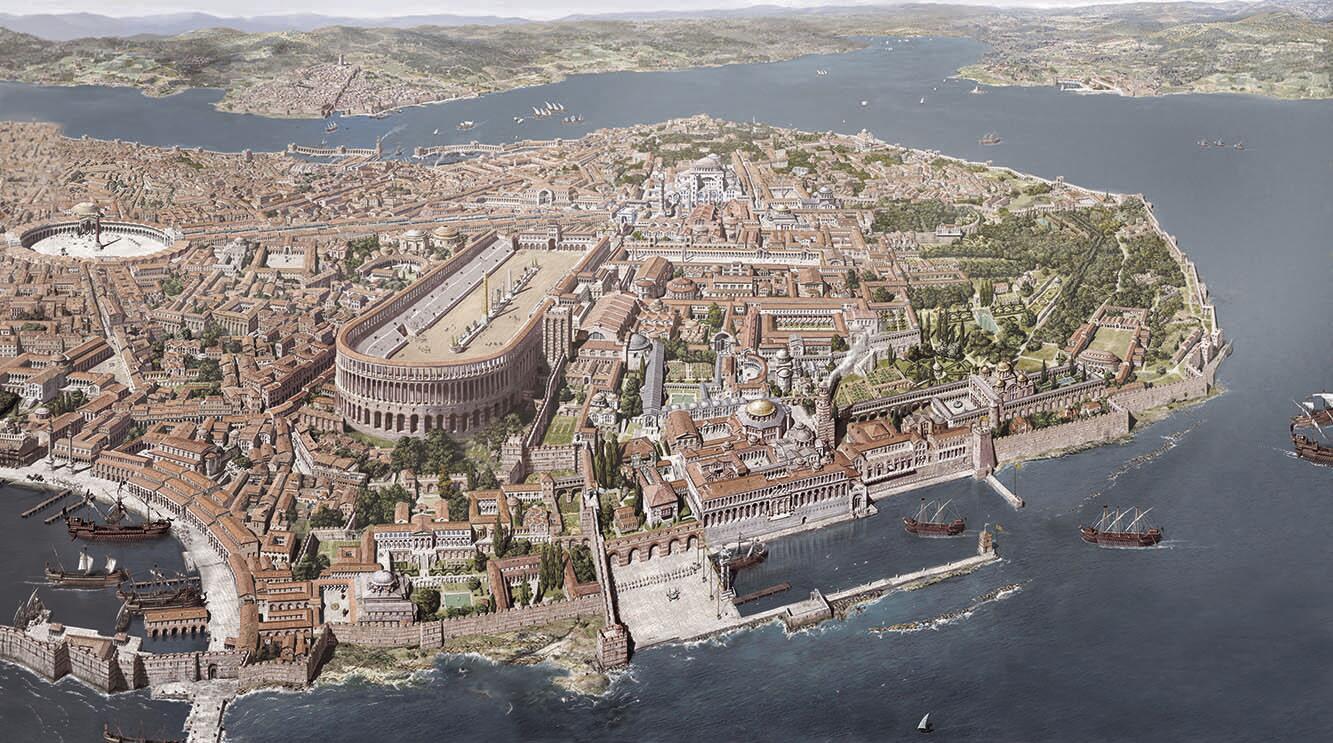
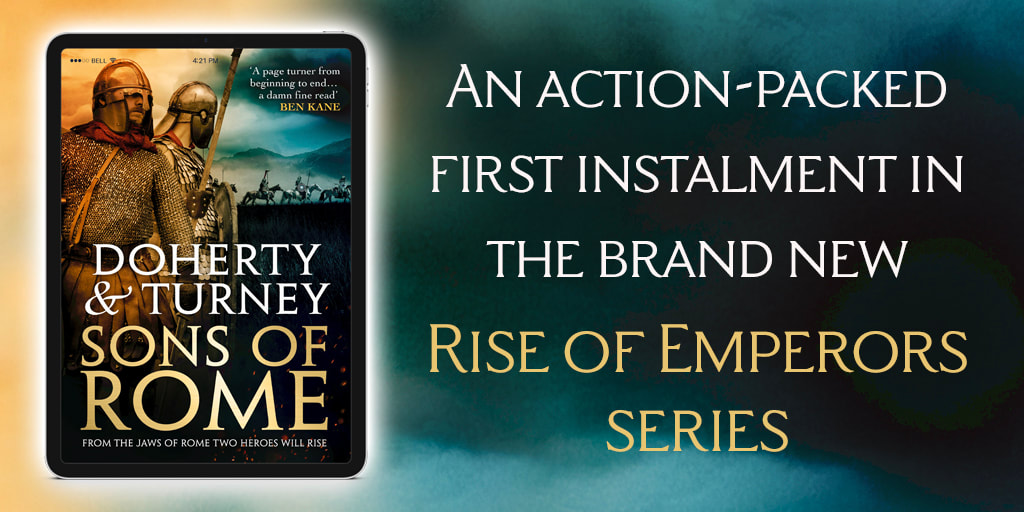

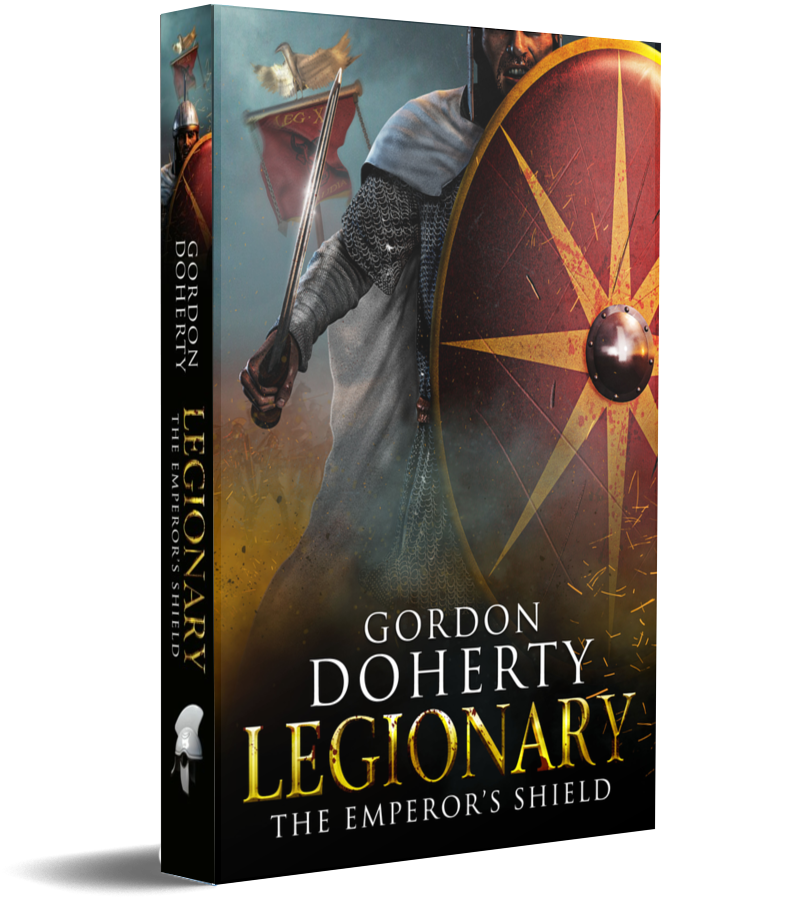
 RSS Feed
RSS Feed